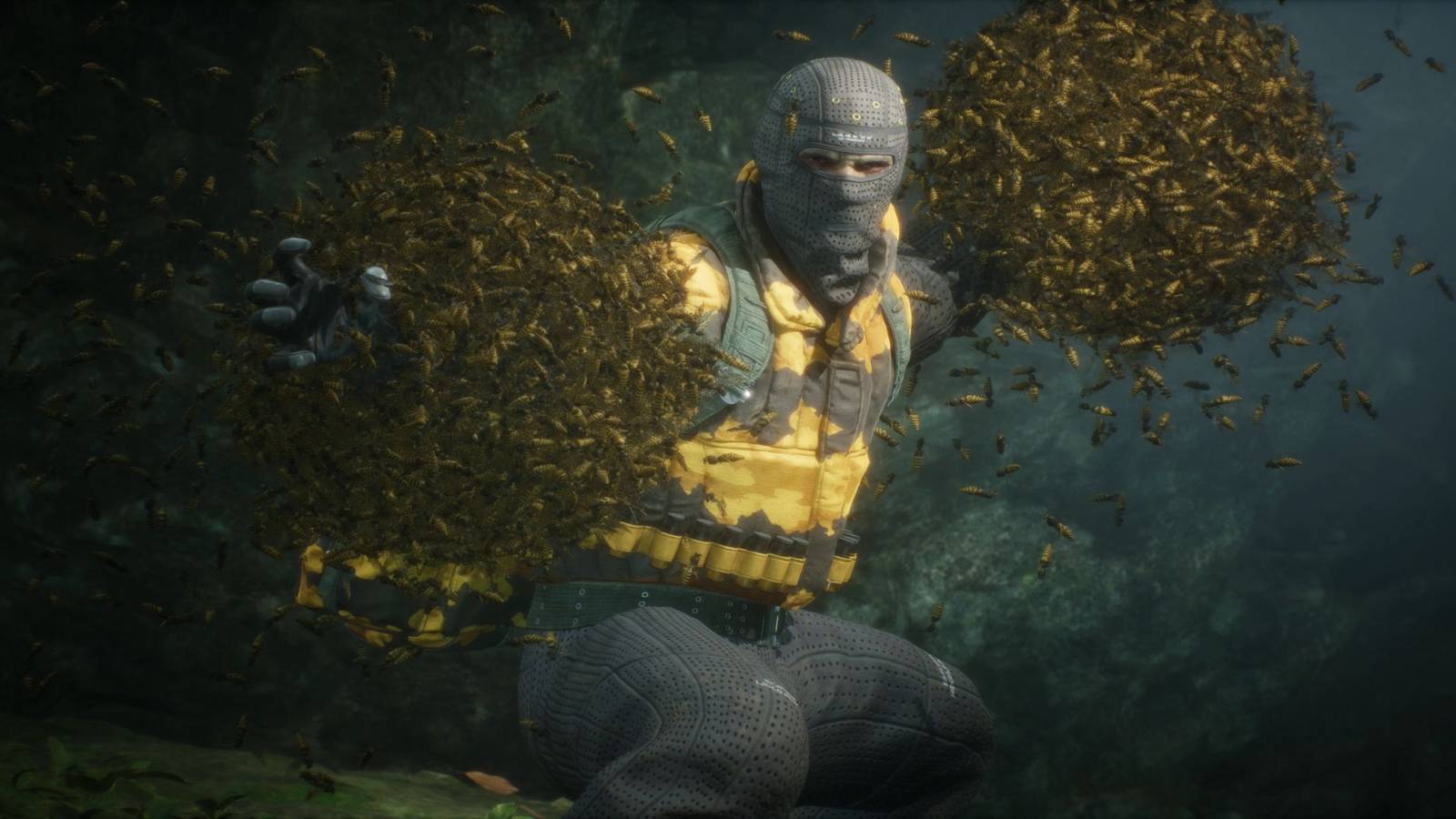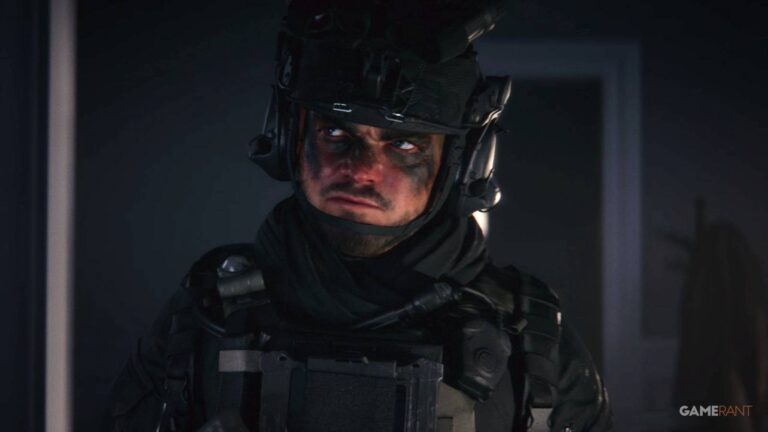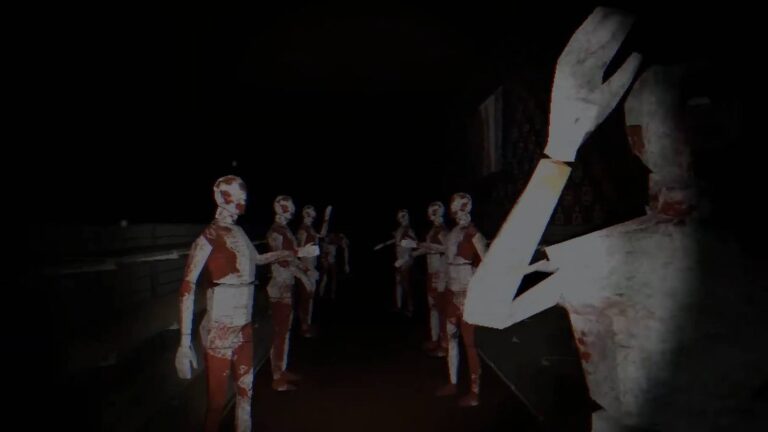
Metal Gear Solid Delta: Snake Eater has just made its way onto the market. With over 20 years having passed since the beloved original, Metal Gear Solid 3: Snake Eater, the modern remaster takes the twisted and thorny tale of Naked Snake’s covert mission and brings it up to speed with a number of touchups and additions. That being said, Metal Gear Solid Delta: Snake Eater doesn’t exactly reinvent the wheel compared to the original. Instead, it recreates the experience quite faithfully while offering a couple of welcome concessions to the sensibilities and expectations of modern game design and presentation.
That same sentiment can be said to apply to another recent remake of a stone-cold classic: Resident Evil 4. In addition to this broad connection, the two are strikingly alike in a myrid of other ways. Given this, as well as the impact that both titles had on their franchises and the industry overall, it makes for an interesting case study of how they resemble each other so closely and why these aspects help contribute to their enduring legacies right up to the present moment.
Metal Gear Solid 3: Snake Eater and Resident Evil 4 Are Iconic Entries in Their Franchises and Gaming
The parallels between Resident Evil 4 and Metal Gear Solid 3: Snake Eater run deep. They came out during the same era, with MGS Solid 3: Snake Eater dropping in 2004 and RE4 releasing in 2005. Both were widely regarded as instant classics, and have since gone on to become hailed as some of the most influential video games within their own series and far beyond.
The two games were largely led by veteran visionaries Hideo Kojima and Shinji Mikami, respectively, and each designer’s stylish fingerprints on the titles are readily apparent in their general gameplay and bombastic B-movie vibes. On top of this are the iconic and unforgettable protagonists. Naked Snake in MGS 3: Snake Eater and Resident Evil 4‘s Leon Kennedy are presented as unapologetically badass; they are trained professionals who are clearly up to the task, yet still find themselves in danger of being out of their depth at times.
But they are by no means one-sided either, with Leon and Snake displaying a hefty dose of charm and snark throughout. This shared trait especially shines during the (also similar) codex and radio chats in each entry. Furthermore, both titles feature a colorful cast of outlandish and over-the-top antagonists in the form of Snake Eater‘s The Pain and RE4‘s Ramon Salazar, just to name a few.
Metal Gear Solid Delta: Snake Eater and Resident Evil 4 Remake Represent the Best of Both Worlds for Their IPs
Following those of the second and third numbered titles, the Resident Evil 4 remake in 2023 put a feather in Capcom’s cap regarding its modern takes. And though the original MGS: Snake Eater was actually the fifth major installment in the series, its placement on the in-universe timeline made it a natural choice for Konami to tackle first in a remaster. Metal Gear Solid Delta: Snake Eater achieves much the same sensation that the RE remakes, particularly RE4, do in terms of expertly bridging the gap between versions and generations.
One bigger difference is that RE4 Remake removed or reworked certain parts more extensively than MGS Delta: Snake Eater, such as the changes to the castle section.
And mirroring the situations of these video games in the early 2000s, both new iterations arrived within a few years of each other, and now offer an array of updates and quality-of-life changes that cater to older fans and new players. Along with their graphical upgrades, Metal Gear Solid Delta: Snake Eater and Resident Evil 4 contain various touches and attention to details both large and small that serve to preserve the core of what made the originals so unique and memorable, while providing a robust range of accessibility and related options. In the case of MGS Delta, it even goes so far as to offer a mode recreating the original’s perspective.
The larger point, though, is that Metal Gear Solid Delta: Snake Eater and Resident Evil 4 represent the best of what can be accomplished when similarly classic titles are given a slick sheen of modern polish for a remaster without distracting or detracting from the greatness of the originals, which is a major win for fans across the board.














